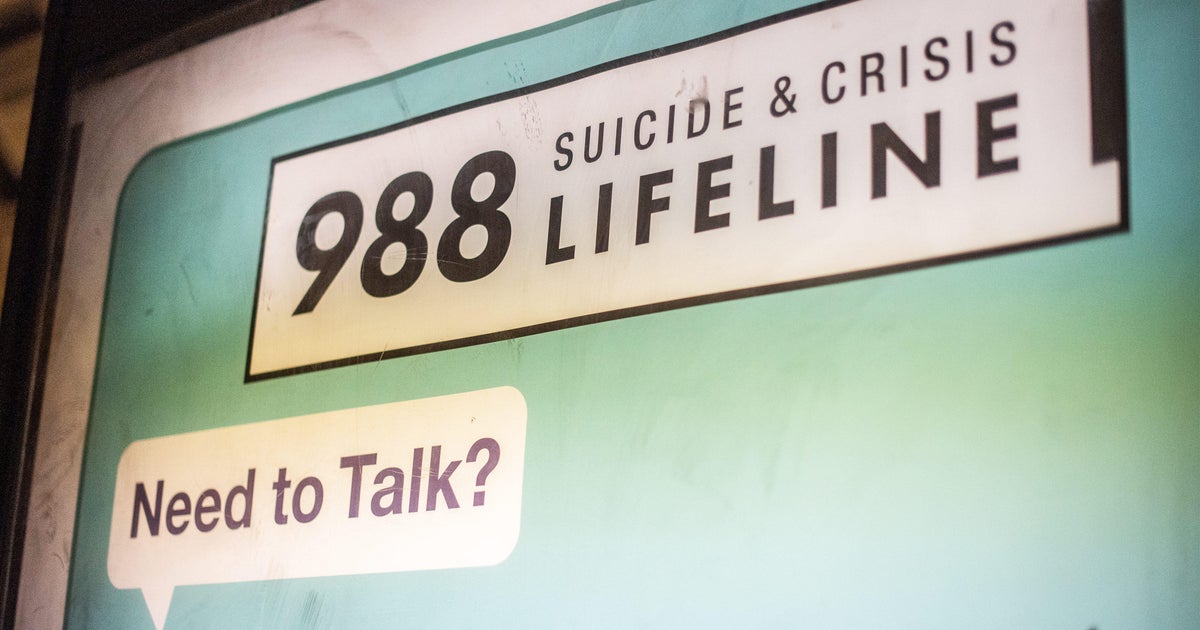Coronavirus impact "potentially catastrophic" for millions of children, UN report says
United Nations – A report released by the United Nations says more than 1.5 billion children have been affected by countrywide school closures. Millions are facing a lack of school meals and are impacted by the economic downturn related to the coronavirus pandemic, the report says.
"What started as a public health emergency has snowballed into a formidable test for global development and for the prospects of today's young generation," the report says.
"The socio-economic impact of the virus – and of the containment and mitigation measures governments have put in place around the world – is potentially catastrophic for millions of children," it says. "What began as a health crisis risks evolving into a broader child-rights crisis."
The report says 188 countries have imposed countrywide school closures, affecting more than 1.5 billion children and youth. It also says food is an issue for children across the world with schools closed: "369 million children across 143 countries who normally rely on school meals for a reliable source of daily nutrition must now look to other sources."
"Protect our children," U.N. chief says
As he released the report, U.N. Secretary-General Antonio Guterres said children's lives globally "are being totally upended," and he appealed to families and world leaders to "protect our children."
Hundreds of thousands of additional children could die this year, compared to a pre-pandemic scenario, as a result of the looming global recession, the report says.
The report lays out recommendations, including:
- Securing food supply chains and local food markets to shield kids from a food security crisis
- Prioritizing the continuity of services such as schooling, nutrition programs, maternal and newborn care, and sexual and reproductive health services
- Putting specific protections in place for vulnerable children including migrants, refugees and minorities
- Ensuring that kids have access to coronavirus testing, treatment and vaccines as they're available
The report also points to an increase in extreme poverty this year of 84 million to 132 million people. Approximately half of those 132 million people are children.
Concern is being sounded across agencies in the U.N. system. UNICEF, the U.N. children's agency, issued an advisory earlier this week to alert parents to online safety, given that education around the world is going online as classrooms close.
"We call on governments and industry to join forces to keep children and young people safe online through enhanced safety features and new tools to help parents and educators teach their children how to use the internet safely," said UNICEF executive director Henrietta Fore.




